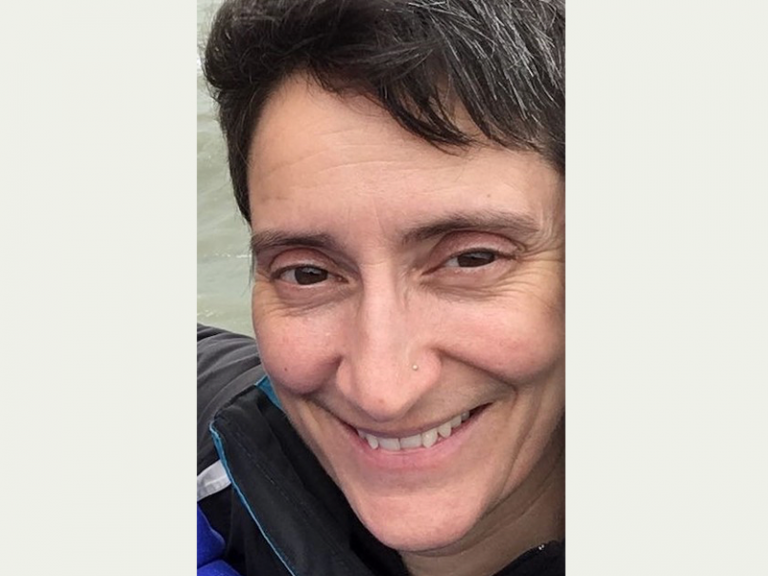Spotlight on Dr Julia Bailey
24 August 2021
Julia is an Associate Professor at the UCL eHealth Unit and a sexual health doctor in southeast London.

Could you tell us a bit about your ‘day job’ and your area of research?
I have three roles, all of which I love! I’m a sexual health doctor in an NHS clinic in southeast London, and I am a researcher and teacher at UCL. My research focuses on digital health and sexual health, and I teach communication skills, sexual health, and qualitative research methods.
I am passionate about communication in all its forms. I trained as a GP which gave me a great insight into the importance of trust and taking people’s lives into account in medicine. As researchers, it’s really important to engage the interest of a range of audiences and to communicate clearly without jargon.
What was your experience with engagement before the Impact Fellowship scheme?
I’ve written summaries of research for patients and the public in the past – e.g. turning a 250-page scoping review into digestible bullet points.
As researchers, we need to be engaging in the public sphere - on social media, radio, newspapers – but that’s also terrifying! It feels like the complete opposite of the slow, careful process of publishing research.
How do you feel your engagement skills have developed over the last year?
A lot of strands have come together in the last year, partly through the Impact Fellowship and partly through moving online as a result of the pandemic.
At UCL, Julia led the development of the ‘Contraception Choices’ website. Funded by NIHR, this interactive website provides evidence-based contraception information and decision support for informed choices about contraception.
I received a Beacon Bursary before the pandemic to outreach to specific populations whose perspectives were missing, including trans and non-binary people. I had planned face-to-face engagement workshops, and then of course had to do a hand-break turn with the plans.
I ran an online workshop on contraception for trans and non-binary people, and then realised that similar content would be really useful for clinicians. There’s a lot of misunderstanding about trans and non-binary gender, and clinicians aren’t necessarily very confident about communication in consultation. So I ran an online event for clinicians and we had 40 registrations and 90 people on the waiting list! I realise there is a real hunger for information and discussion, and more online workshops are in the pipeline.
I ran a new Sexual health Module online in the first half of 2021. The student assignment was to produce a health education poster on a sexual health topic, and the top four students presented at our Department Seminar. Facilitating students’ science communication work has chimed really nicely with my learning from the Impact Fellowship.
Lastly, I was interviewed on BBC Radio 4s Inside Health, discussing how contraception can be used to control or stop periods. That was very exciting because the interview was in a BBC studio! The Fellowship gave me the confidence to say yes to this.
Do you have any advice for people who would like to give engagement a go but are on the fence?
I would say there are different ways you can do it to suit your level of confidence – from tweeting through to being on TV! Start with things you feel safe doing, then build up. We also need to weigh up the costs in terms of time and the possible negative consequences of being a public figure.
It’s important to include the cost of public engagement on grant applications, and to build in the time and the expertise that you need, planning engagement activities from the beginning of a project.
Anything else you’d like to add?
The Impact Fellowship was incredibly well organised. Each session was really useful and well facilitated, and there was masses of enthusiasm and encouragement from Georgie Cade and all of the speakers. It has been very affirming to see that engagement is valued by UCL – it’s a really important step on the road to trying to make a difference with our research!
 Close
Close

